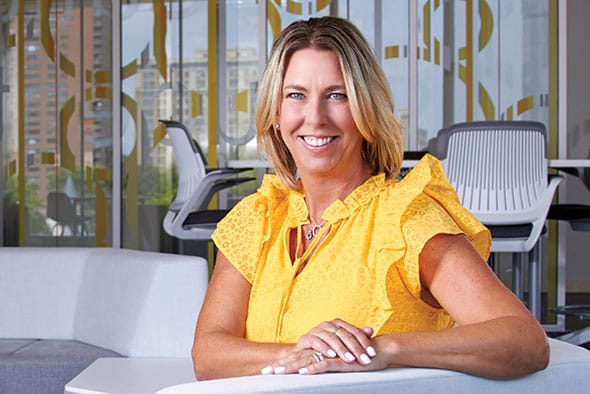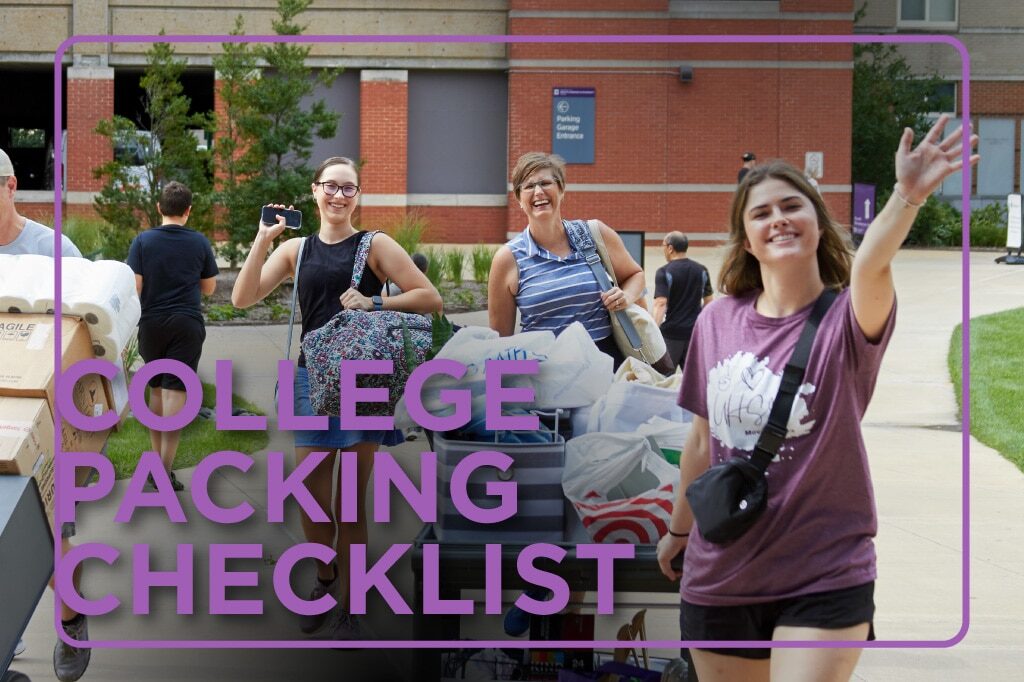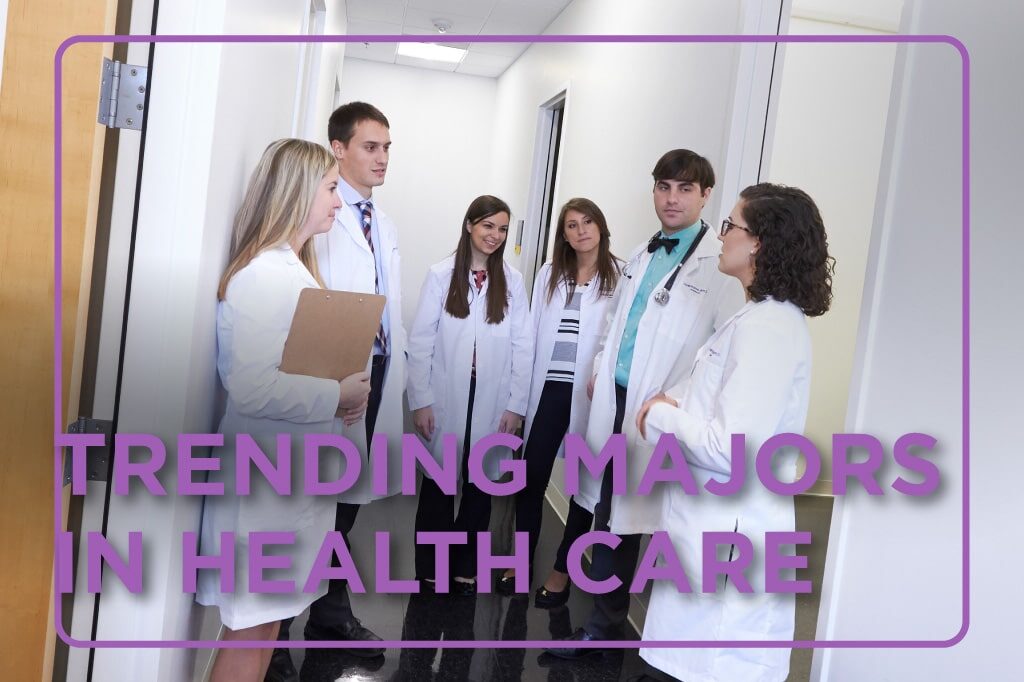
Finding Passion and Purpose in a Critical Niche
During her pharmacy rotations, Theresa Human, B.S. ’98, Pharm.D. ’99, developed a love for critical care pharmacy which served as a springboard to a dynamic career that has taken her from the Neuro Intensive Care Unit (ICU) to the research lab and now her current role in pharmacy industry as a Medical Science Liaison.
What drew you to St. Louis College of Pharmacy at UHSP?
Chemistry always came easy to me. In high school, I thought I wanted to go into research and development, and that’s what led me to pharmacy school. St. Louis College of Pharmacy was the only school I applied to. I did the 6-year program and got my Bachelor of Science, and then I worked as a pharmacist while I continued pursuing my Pharm.D.
Where did your love for critical care pharmacy and neuroscience come from?
I loved the critical care portion of my rotations, and I had a preceptor who encouraged me to go into the critical care space. I did my PGY1 residency at Charleston Area Medical Center and my PGY2 residency at the Medical University of South Carolina. It was during my PGY2 residency that I first got to work in the Neuro ICU, and I was amazed at how I could collaborate with the neurosurgeons by managing medicines for patients. After that, I took a job at University of Virginia in the Neuro ICU, and I loved it. It was there that I also was introduced to the Neurocritical Care Society (NCS), which is the only professional society representing multi-disciplinary teams of neurocritical care providers around the world.
What’s been your role with the Neurocritical Care Society?
I’m fortunate to serve as a member of the board of directors of NCS. As an organization, our mission is to improve outcomes for patients with life-threatening neurological illnesses. As one of a small number of pharmacists working in neurocritical care, I partnered with NCS to create the Pharmacotherapy of Neurocritical Care Series (PONS). The curriculum-based e-learning series features neuropharmacotherapy topics to address the limited literature existing in this space.
More recently, I’ve been working with NCS on its Caring Coma Campaign, which aims to tackle coma as a treatable medical entity. Through the campaign, we are working to unite various health care disciplines to work together to create treatment strategies that ensure the best outcomes for brain injury patients.
You spent 16 years working as a Neuroscience Clinical Specialist at Washington University in St. Louis. What was that experience like?
I really enjoyed my time there. I rounded everyday with the Neuro ICU team at Barnes-Jewish Hospital, making medication recommendations for patients with various neurological illnesses. And since I was familiar with neuropharmacotherapy, I would educate the team on new data, while also using new and existing data to provide suggestions and recommendations. I also did a lot of teaching and precepted many residents and fellows, including several students from St. Louis College of Pharmacy. In addition, I had the opportunity to do lots of clinical research on a range of neuroscience-related topics.
How did you make the transition into pharmacy industry?
Working in the ICU during the COVID-19 pandemic was challenging, and I decided that I needed a change. Years ago, I served as a member of the board of directors of Cumberland Pharmaceuticals, and I also worked for the company as a consultant for many years. I kept in touch, and when this opportunity to work as a Medical Science Liaison came up, I decided to go for it. In my role, I engage with key opinion leaders nationwide, including leading physicians, to educate them on the medications Cumberland Pharmaceuticals offers and advise them on how those medications can benefit their patients. I also utilize my research background to partner with leaders who are interested in conducting investigator-initiated drug trials to assist them in ensuring they are selecting the most effective patient populations for their studies that will yield the best outcomes for their research.
How did your St. Louis College of Pharmacy education help prepare you for your career?
I had great professors and preceptors who showed me the breadth of what pharmacists could do in their careers, which inspired my interest in clinical care early on. My time at the college also helped me build a strong professional network with my classmates and lifelong friendships that I still treasure and rely on today.
This story was first published in the fall 2022 issue of Script Magazine. To view past issues of Script, visit the Script Magazine archive.


